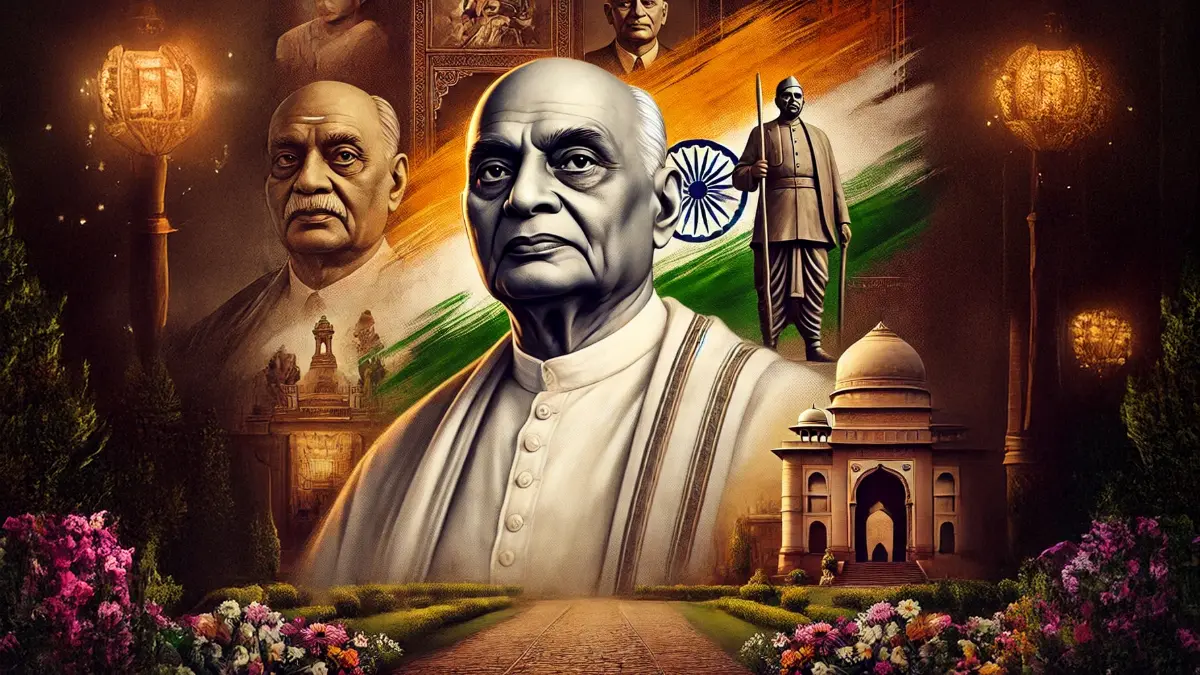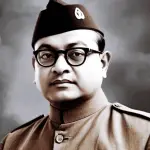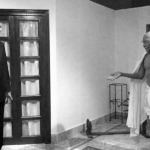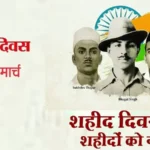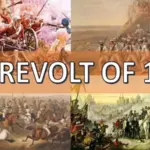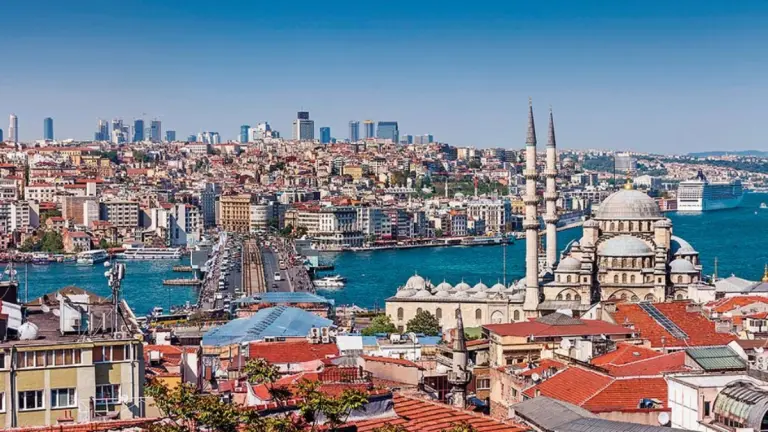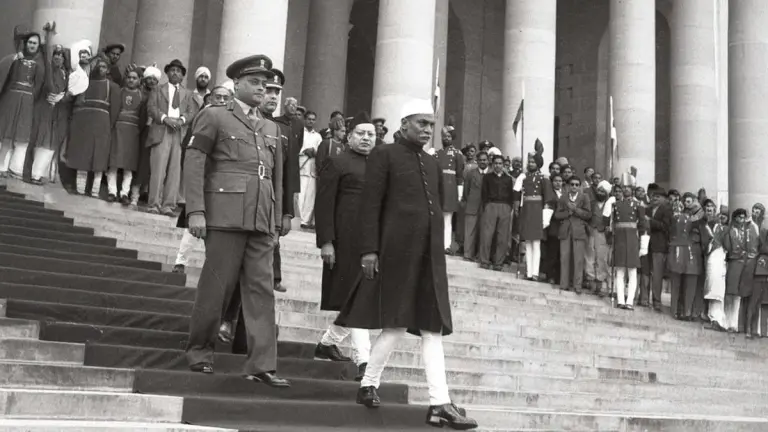Table of Contents
The Iron Man of India, Sardar Vallabhbhai Patel was born on October 31, 1875 in Nadiad village of Gujarat. Belonging to a simple farmer family, Patel’s life was full of struggles, but his determination and courage made him an important face of the freedom struggle and Indian politics. He was known as the “Bismarck of India” and “Iron Man” due to his incomparable contribution to the unity and integrity of independent India. His life and work are a source of inspiration, which not only united India, but also paved the way for a strong nation for the future.
Sardar Vallabhbhai Patel
Early Life and Education
Vallabhbhai had an ordinary childhood, but his education and determination made him extraordinary. He first received ordinary education, and then decided to become a lawyer. He went to England and studied law and returned and worked as a lawyer in Gujarat. His life was not easy; he determined the direction of his life by facing difficulties. Patel soon established himself as a successful lawyer in his field and also demonstrated his unique leadership abilities.
Association with Gandhi ji
Sardar Vallabhbhai Patel entered the nationalist movement under the leadership of Mahatma Gandhi. Influenced by Gandhiji’s ideology, he participated in the freedom struggle and became a true patriot. He took an active part in Mahatma Gandhi’s non-cooperation movement in the 1920s. Patel adopted Gandhiji’s principles and made them a part of his life.
Kheda and Bardoli Satyagraha
Kheda Satyagraha was the first major movement of his political life. He raised his voice against the heavy taxes imposed on farmers in Kheda district of Gujarat. Patel organized the farmers and stood up against the atrocities of the British. Through this struggle, he organized the farmers and opposed the British rule.
The Bardoli Satyagraha brought Sardar Vallabhbhai Patel national recognition. In 1928, he led an anti-tax movement of farmers in Bardoli, Gujarat. Fighting against the unjust taxes of the British, he organized the farmers and forced the British administration to bow down. After this movement, he was given the title of “Sardar”, which means “leader”. The Bardoli Satyagraha established his image as a strong and loyal leader.
Integration of India and Merger of Princely States
The biggest challenge after India’s independence was the integration of the princely states. At the time of independence, there were 562 princely states in India which were divided into various small and big states. Sardar Patel worked tirelessly to integrate them. He negotiated with the rulers of the princely states and convinced them to join the Indian Union. His determination and skillful diplomacy proved helpful in this process.
Challenges of Junagadh, Hyderabad, and Kashmir
The merger of princely states like Kashmir, Junagadh and Hyderabad into India was the most difficult. The Nawab of Junagadh had expressed his desire to join Pakistan, but due to Patel’s persistence, Junagadh was merged with India. The Nizam of Hyderabad had also declared independence, but Patel made it a part of India through “Operation Polo”. Similarly, the Kashmir issue was also complicated, but Patel’s wisdom resolved it peacefully. These events demonstrated his dexterity and strong leadership ability and he was honored with the name “Bismarck of India”.
Establishment of Indian Administrative Service
Sardar Vallabhbhai Patel believed that a strong administrative system is necessary for a strong and united India. He established the Indian Administrative Service (IAS), which is still considered the backbone of Indian bureaucracy. This step of Patel reflects a far-sighted approach, which established an organized and capable administrative structure in India. His initiative laid the foundation of good governance and discipline in India.
Working style and personality of the Iron Man
Vallabhbhai Patel’s working style was strict, firm and result-oriented. His personality was disciplined and courageous. He never put personal interest above national interest. His tough decisions and discipline earned him the title of ‘Iron Man’. His clear thinking and efficiency have become an ideal for every Indian leader. He kept the unity and integrity of the country paramount and avoided any kind of compromise for this.
Vision of Secularism and National Unity
Patel’s vision was secular and inclusive. He believed that India has different religions, castes and cultures, and respecting all of them can be the basis of unity. He dreamed of a united nation accepting diversity. Patel’s ideology is still a source of inspiration for Indian society and his thinking has given a new direction to the nation.
Significance of National Unity Day
Celebrating Sardar Patel’s birth anniversary as “National Unity Day” is an effort to honor his contribution. This day reminds us of the importance of Indian unity. By celebrating this day in various educational institutions, government offices, and social organizations, youth are encouraged to take inspiration from his life story. The purpose of celebrating this day is to ensure that the younger generation is familiar with his sacrifices and contributions.
Impact of Sardar Vallabhbhai Patel Patel’s legacy on modern India
Sardar Patel’s contribution is still felt in Indian society and politics. His policies, principles and ideals are still relevant. His thinking is reflected in the Indian Constitution and administrative system. Institutions like the Indian Administrative Service and the Indian Police Service established by him are still engaged in serving the country and following his policies. The seeds of unity and integrity that Patel sowed can be clearly seen in Indian society today.
The life of Vallabhbhai Patel, his ideals and the work done by him are a source of inspiration for every citizen of India. He gave priority to national interest at every step, from the freedom struggle to the unification of independent India. His foresight, courage and determination earned him the status of a true leader. His thinking and policies inspire Indian society towards unity and integrity. In today’s India, where diversities co-exist, Patel’s ideology and work teach us to remain united and keep national interest paramount.

